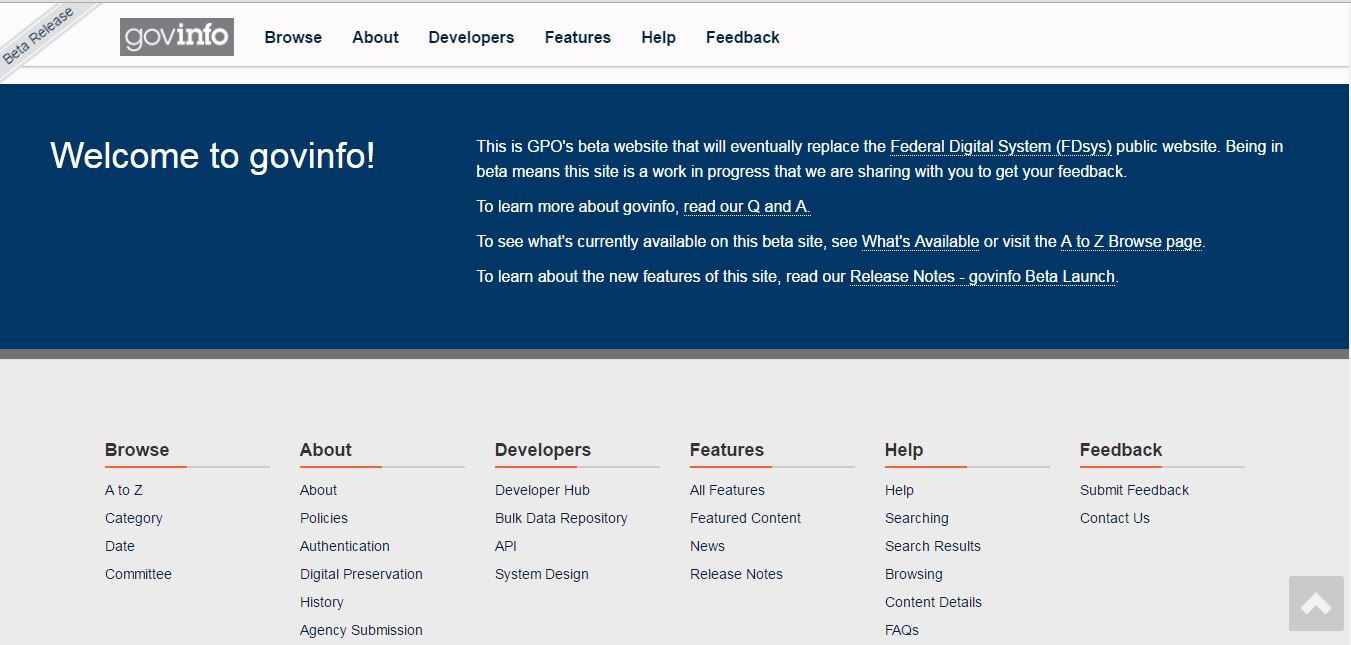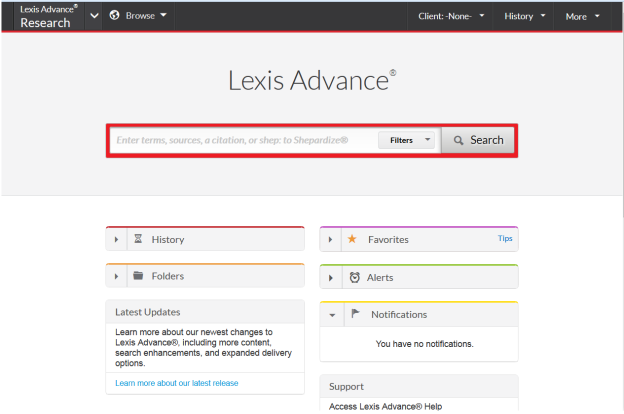Check out this new search engine called Xyggy Legal. It went live on November 16, 2009. Xyggy offers more than just general legal searches, so you can reach Xyggy Patent, which covers United States patents from 1976 to present. Xyggy Articles searches through archived news articles of the New York Times from 1987 – 2007. Thanks to Cleveland Marshall Law Library Blog and Out of the Jungle Blog for the heads up on this resource.

Tips on Using Xyggy
Enter a case by citation or party name into Xyggy Legal and get a list of similar cases in ranked order. If you enter more than one case, the search engine will determine what those cases have in common and return even more precise results. It does not necessarily pull up cases that have cited the case you type in, but searches the text and metadata to attempt to find similar cases.
The idea is somewhat similar to More Like This Headnote in Lexis or natural language search in Lexis or Westlaw by cutting and pasting a block of text from a case. Xyggy Legal’s results seem to improve when several cases citations are entered. When entering more than one citation, users must enter citation without punctuation, i.e. US instead of U.S. also F2d works, but F.2d does not. Also enter each citation then wait for the auto complete feature to identify the citation. Click the auto complete result to add it to search box, then add next citation. Also note that you need to type in the citation or case name, cut and paste do not seem to work.
Coverage of Xyggy
Currently, Xyggy Legal only has complete case coverage for:
• Supreme Court decisions in US. Reports volumes 1 – 544 (Oct. Term 2004).
• Federal Circuit Courts of Appeal in F.2d, volumes 178 – 999 (January, 1950 to July – August, 1993) and F.3d vol. 1 – 491 (September, 1993 to June – July, 2007).
Please note that case coverage is incomplete for recent years and Xyggy is working on completing their case collection.
Xyggy Legal is still in beta, and hopes to improve coverage of recent cases.
Reviews of Xyggy
Ryan, from At You Say Too Blog flushes out Xyggy searching process. He notes that Xyggy not only searches the text but also the metadata. They have carefully selected a few databases, open source databases from the government. They have also purchased a dataset from the New York Times. All of these datasets already have metadata added. In addition, Xyggy searches the full text of the case opinion. This is a very interesting development. Ryan notes that it is similar to Google Scholar Legal Opinions and Journals.
Law librarians at Cleveland Marshall took a more measured approach to Zyggy. Users will not get good results until more than one case is added to the search box. They used for their test searches Furman v. Georgia, 408 US 238 (1972) (Death penalty sentences in three criminal cases constituted cruel and unusual punishment because it was imposed in an arbitrary manner. Allegations of racism were raised but not proven). Xyggy provided 19 pages of result, with approximately 10 citations per page. Cleveland Marshall only considered the first five results (see below).
1. United States v. Moore, 486 F.2d 1139 (D.C. Cir. 1973) concerns whether the Eighth Amendment prohibited sentencing a drug addict for possession.
2. Smith v. Turner, 48 US 238 (1849), dealt with constitutionality of a tax statute and has nothing to do with the death penalty or Eighth Amendment.
3. Compassion for Dying v. Doe, 79 F.3d 790 (1996), a right to die case.
4. McGautha v. California, 402 U.S. 183 (1971) a capital punishment case.
5. United States v. Banks, 540 U. S. 31 (2003) a search and seizure case.
In Cleveland Marshall’s test, they entered three citation: Furman v. Georgia, 408 US 238 (1972); McCleskey v. Kemp, 481 U.S. 279 (1987) and Maxwell v. Bishop, 398 U.S. 262 (1970). Cleveland Marshall only considered the first five results. The first result was the Moore case again, the second hit had to do with race and the death penalty, the third hit did not have to do with the death penalty, the fourth hit was McCleskey, and the fifth hit was a death penalty case that said that race was not raised as an issue.
If others have tried this service, please comment on your results.



